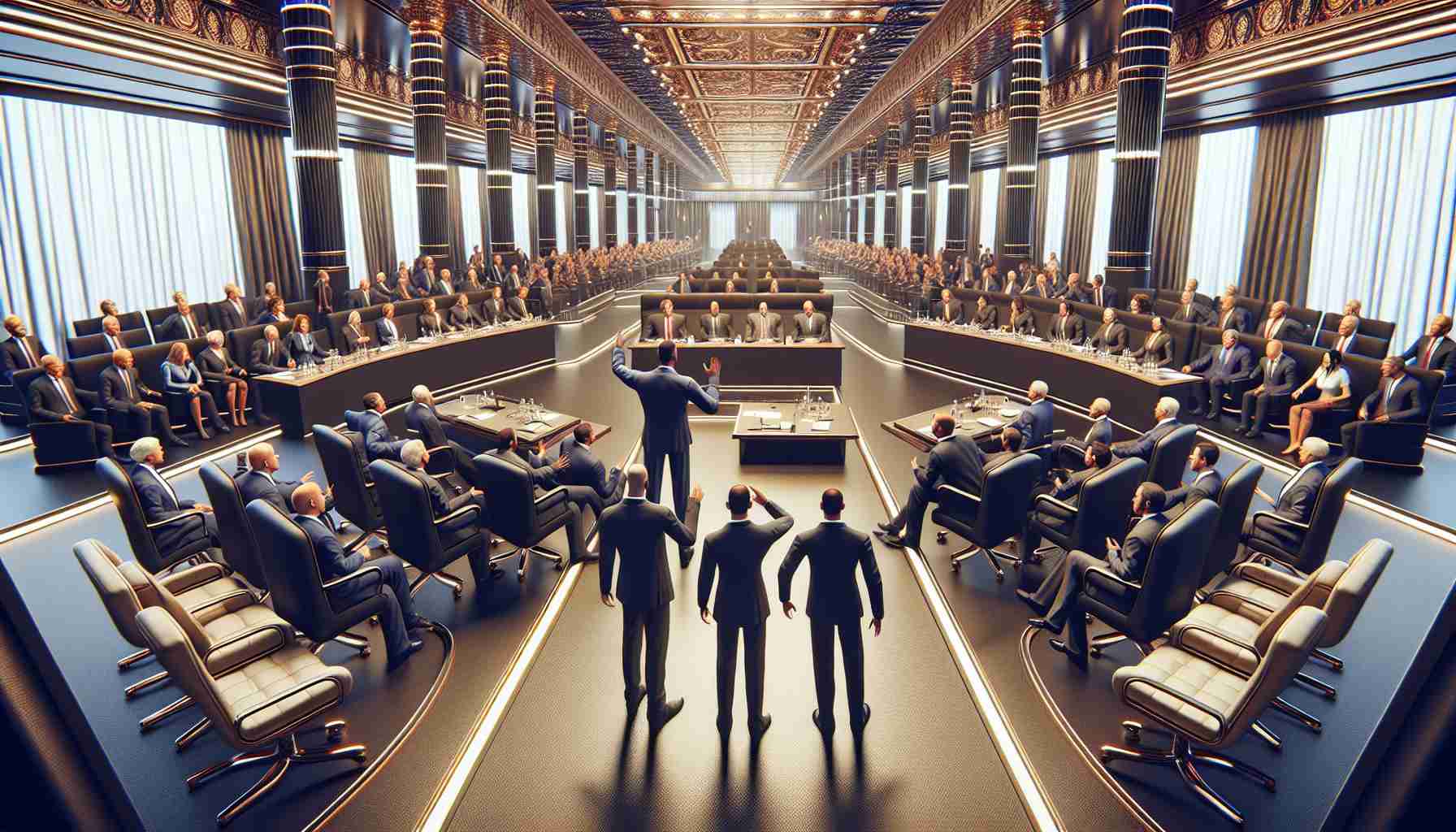The race for the 16th Congressional District in Silicon Valley intensified during a recent debate featuring former San Jose Mayor Sam Liccardo and California Assemblyman Evan Low. The discussion, held in NBC Bay Area’s studio, began amicably but quickly escalated as the candidates confronted each other on significant issues like climate change, crime rates, and housing challenges.
Tensions rose when asked about the ethicality of their campaigns amidst a contentious recount process. Liccardo faced allegations of improperly influencing the recount but categorically denied any wrongdoing. He attributed the complexities in California’s election law to the political disputes swirling around their campaigns.
In a pointed remark, Low criticized Liccardo’s past decisions regarding public safety, claiming his administration led to a substantial reduction in police personnel and an increase in crime, prompting a state of emergency declaration in the city. Liccardo defended his strategies, asserting that he had effectively increased police presence while criticizing Low’s ties with police unions.
When questioned about housing solutions, Liccardo proposed innovative methods to convert unused commercial buildings into residential spaces, emphasizing the dire need for more affordable housing. In contrast, Low blamed Liccardo for rising homelessness, claiming his past policies were ineffective.
Environmental concerns were also crucial in the debate, with both candidates outlining their differing views on climate action. As the race approaches its conclusion, the candidates are keenly focused on establishing their positions. Election day is set for November 5th.
Insights and Tips for Engaging in Political Debates
As political races heat up, such as the recent debate for the 16th Congressional District in Silicon Valley between candidates Sam Liccardo and Evan Low, it’s crucial to engage effectively whether you are a spectator or a participant. Here are some tips, life hacks, and interesting facts that can enhance your understanding and participation in political discourse.
1. Stay Informed
Before engaging in discussions or debates, equip yourself with knowledge surrounding the issues at hand. Follow reputable news sources and fact-check any claims made by candidates. Understanding key topics such as housing, climate change, and public safety will allow you to engage meaningfully.
2. Practice Active Listening
Debates can often escalate quickly. One effective life hack is to practice active listening. Focus on understanding the speaker’s point of view before formulating your response. This will help you address issues more constructively and may even de-escalate tensions.
3. Prepare Your Arguments
If you’re participating in a debate or discussing political issues, prepare your arguments in advance. Use facts and figures to support your position. For example, if discussing homelessness, be ready with statistics and effective solutions that address the root causes.
4. Use Clear and Concise Language
Communication is key in political debates. Using clear language can help ensure your ideas are heard and understood. Avoid jargon that might confuse your audience; instead, express your thoughts simply and directly.
5. Respect Different Viewpoints
Political divides can be intense. It’s essential to approach conversations with respect for differing opinions. Acknowledging differing perspectives can promote more productive discussions and foster a community dialogue.
6. Leverage Social Media Wisely
Social media can amplify your voice in political matters. Share informative articles, engage with like-minded individuals, and promote awareness about important issues. However, be cautious of spreading misinformation; always fact-check before sharing.
7. Discover Local Initiatives
Political debates often highlight local issues—be aware of community programs and initiatives that address these problems. Knowing what’s happening in your neighborhood can provide concrete examples during discussions.
Did You Know?
Public debates date back to ancient Greece, where oratory skills were highly valued. Engaging in debates is not just politically relevant today; it’s a practice rooted in history.
Election season can be overwhelming, but utilizing these tips can lead to more fruitful and rewarding discussions. For ongoing developments and insights about this election and beyond, visit NBC News for reliable coverage.
In conclusion, whether watching a debate or participating in one, remember that knowledge, respect, and clear communication are your best tools. Ensure you’re prepared to both listen and speak effectively in this dynamic political landscape.
